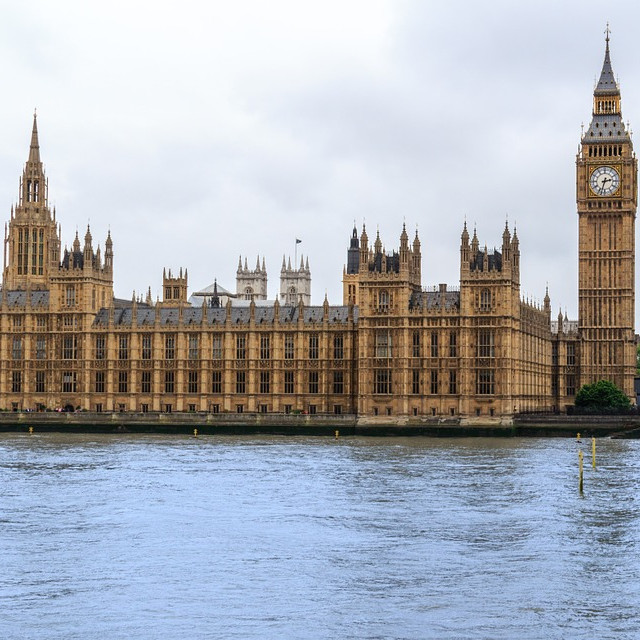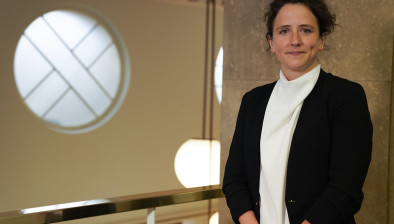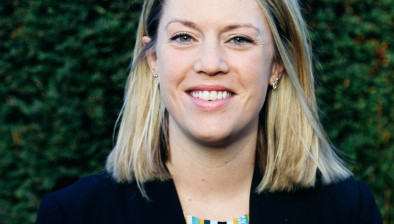Bank chiefs to explain slow roll out of coronavirus business support loans
MPs are to question senior bankers today over the slow roll-out and low level of emergency loans extended to businesses during the last six weeks.

Executives from Lloyds, Royal Bank of Scotland, Barclays, HSBC and Starling, will also be questioned today by the Commons’ Treasury select committee about whether they have met the Treasury’s deadline of launching new bounce back loans for small businesses of up to £50,000.
Banks have been attempting to prepare for the probe by MPs by setting up new digital systems and trying to secure assurances from the UK Government that 100% state-backed loans would not contravene the Consumer Credit Act and regulatory guidelines over good lending practice.
In a letter received on Friday, the Treasury confirmed that the loans would be excluded from consumer protection laws in order to help accelerate the process of getting money to small businesses, The Times reports.
The Treasury has also set a fee at 2.5% after the interest-free period.
Mel Stride, chairman of the committee, said that its “inbox and mine as a constituency MP suggest the banks are not getting the money out the door quickly enough. The introduction of bounce back loans is extremely welcome, but its success will depend on the action of the lenders. We will press the banks on this during our public inquiry session”.
According to UK Finance, the UK banking and finance sector has lent over £4 billion to SMEs through the Coronavirus Business Interruption Loan Scheme (CBILS) so far.
However, Scottish Financial News reported last month that the banking body is refusing to supply a breakdown of lending by individual banks, amid suspicions that many banks are obfuscating the delivery of the business loans. It is known that over 50% of the lending has come from the taxpayer-owned RBS alone.
Steve Baker, a Conservative member of the select committee, has urged UK bankers to upfront about the problems they have encountered from changes of policy. He said: “We know there has been a degree of capriciousness in changing the rules, from requiring the banks not to over-lend to now wanting them to get the money out the door and criticising them when they don’t.”
He concluded: “The banks are caught in the middle. But important businesses in our constituencies cannot afford to be caught in this Kafkaesque crossfire.”
- Read all of our articles relating to COVID-19 here.










